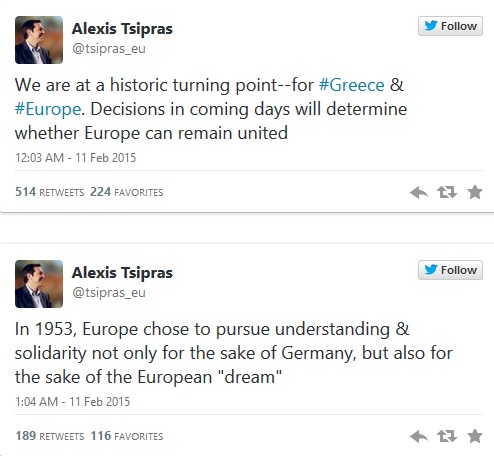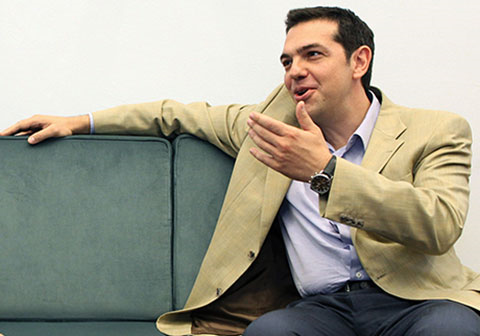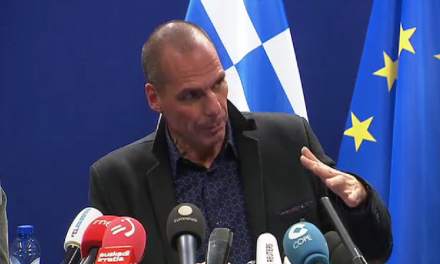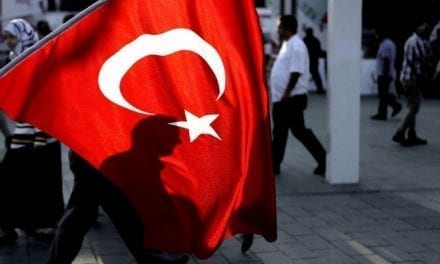By Catherine Boyle, CNBC
The flurry of impassioned tweets from Greek Prime Minister Alexis Tsipras late Tuesday about his country and its relationship with Europe isn’t just a negotiating tactic for a new government which needs to deliver soon on its promises.
It also marks how important the social network has become as a tool in building support for your ideals and outlining your demands, even when they are out of step with what your biggest debtor – in this case Germany — wants.

In the messages on his English-language Twitter account, the new Greek Prime Minister betrayed increasing frustration with traditional diplomatic channels.
The past couple of weeks have seen a flurry of visits and phone calls between the Greek leadership and various European leaders, with little agreement on Greece’s debt issues, as Tsipras had promised.
Calling attention to his position in a series of clearly argued tweets helps keep the pressure on to secure a deal – ahead of the key meeting of the Eurogroup – made up of euro zone finance ministers — in Brussels on Wednesday.
Diplomacy, for many, still appears as it is portrayed in Graham Greene novels or Ferrero Rocher adverts: a clandestine world of backroom deals hidden behind a façade of exclusive parties.
Yet it is increasingly difficult to keep discussions truly private. More than 3,000 embassies and ambassadors are now active on Twitter, according to an @Twiplomacy list (curated by Burson-Marsteller).
While U.S.President Barack Obama has the third most-followed Twitter account worldwide,his diplomatic methods aregenerally thought to be more cautious and discreet than those of his predecessor George W.Bush. The careful brokering of closer relations with Iran is one example ofthis – although that has not been without its pitfalls.
Iran’s President Hassan Rouhani’s aides deleted a series of tweets depicting a friendly conversation with President Obama in September 2013. Twitter is banned in Iran, and Rouhani’s presence on the social network demonstrates his openness to better foreign relations — although in this case maybe he was too open.
Since gaining power last year, India’s Prime Minister @NarendraModi has become the fourth most-followed world leader on Twitter (according to Burson-Marsteller’s Twiplomacy study published in June 2014).
His tweets are regular and very positive – filled with references to “wonderful” and “productive” meetings – and often feature pictures and videos. Possibly more importantly, they are in a slightly homespun voice which helps build a friendly image, almost as though Modi is more like a benevolent uncle than the leader of the world’s second-most-populous country.



















